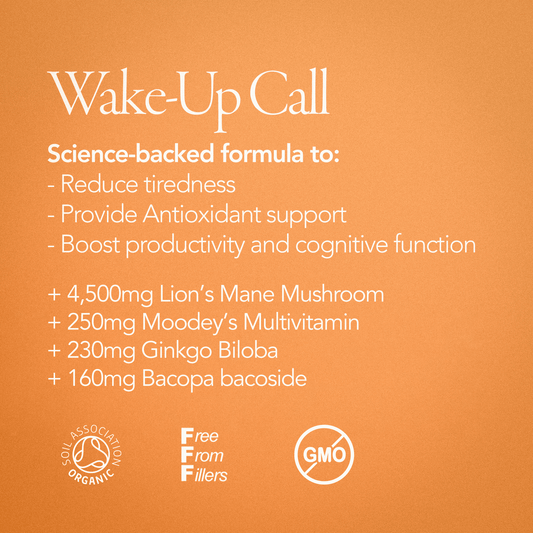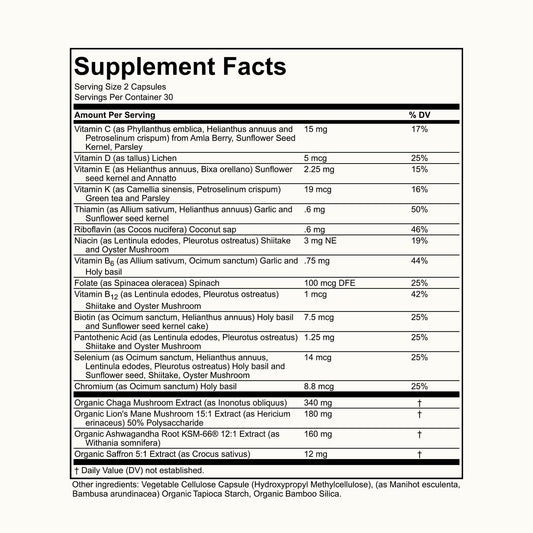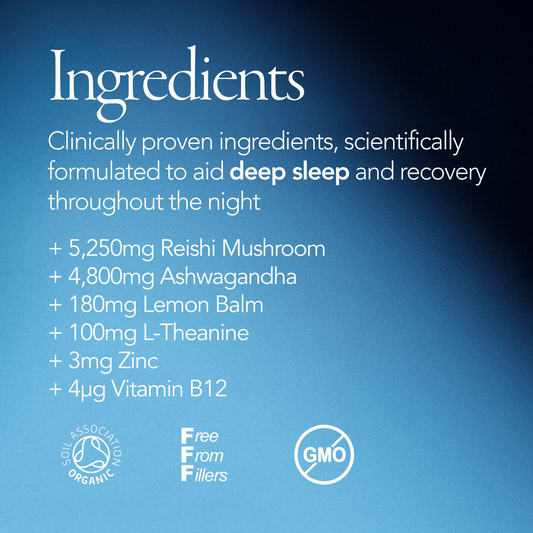
7 Reasons You Get Brain Fog and How to Prevent It
Experiencing brain fog can be incredibly frustrating, impacting your daily tasks and overall cognitive function. This mental haziness can stem from various sources, often leaving you struggling with poor concentration and memory lapses. Understanding the underlying causes is essential to addressing and preventing this condition. Here are seven reasons why you might be experiencing brain fog and some tips to help you reclaim your mental clarity.
7 Reasons For Brain Fog
1. Lack of Sleep
One of the most common causes of brain fog is a lack of sleep. When you don't get enough rest, your brain doesn't have the opportunity to recharge, leading to impaired cognitive function. Sleep is crucial for memory consolidation, mood regulation, and overall brain health. Chronic sleep deprivation can disrupt the central nervous system, making it difficult to concentrate and process information.
2. Stress and Anxiety
High levels of stress and anxiety can significantly impact your mental clarity. When stressed, your body releases cortisol, a hormone that can interfere with cognitive processes. Chronic stress can lead to long-term changes in brain function. This can include reduced hippocampal volume, which is vital for memory and learning.
Reducing stress through mindfulness practices, exercising regularly, and ensuring you have a support system can help mitigate these effects.
3. Poor Diet and Nutrition
What you eat directly affects your brain's performance. A diet high in sugar and processed foods can lead to inflammation and oxidative stress, which impairs cognitive function. Conversely, eating a healthy diet rich in antioxidants, healthy fats, and vitamins can support brain health.
Foods like leafy greens, fatty fish, berries, and nuts are particularly beneficial. They can help to maintain cognitive function and prevent brain fog.
4. Medical Conditions and Medications
Certain medical conditions, such as chronic fatigue syndrome, fibromyalgia, and autoimmune diseases, can contribute to brain fog. Additionally, some medications may have side effects that affect mental clarity. Conditions like hypothyroidism and diabetes can also disrupt cognitive function.
It's essential to consult with a healthcare provider to rule out any underlying medical issues. Some of these issues could be contributing to your symptoms of brain fog.
5. Lack of Physical Activity
Being physically active is not only crucial for your physical health but also for your mental well-being. Exercise increases blood flow to the brain and stimulates the release of neurotransmitters that enhance mood and cognitive function. Regular exercise can reduce symptoms of brain fog by improving sleep quality, reducing stress, and boosting overall brain health. Aim for at least 30 minutes of moderate exercise most days of the week.
6. Dehydration
Dehydration is an often-overlooked cause of brain fog. Your brain is approximately 75% water, and even mild dehydration can affect its function. Lack of adequate hydration can lead to poor concentration, memory issues, and overall cognitive decline. Ensuring you drink enough water throughout the day is vital for maintaining optimal brain function and preventing brain fog.
7. Sleep Disorders
Sleep disorders such as insomnia, sleep apnea, and restless leg syndrome can severely impact the quality and quantity of your sleep, leading to brain fog. These disorders prevent your brain from entering the deep, restorative stages of sleep necessary for cognitive function. If you suspect you have a sleep disorder, seeking a diagnosis and treatment from a sleep specialist can be life-changing.
Preventing Brain Fog
Moodeys may help support cognitive function and overall brain health. Our brain-boosting supplements contain:
- Lion's Mane Mushroom supports cognitive function and brain health. In studies, lion’s mane can help focus, increase productivity, and improve your digestion and immune system.
- B Vitamins help to support cognitive functions such as learning, remembering, reasoning, problem-solving, concentrating, and decision-making.
- Zinc plays a key role in spatial learning and memory.
- Vitamin D works as an antioxidant and anti-inflammatory in your brain.
- Vitamin C is a powerful antioxidant. It helps protect cells from damage, supports the immune system, and can help improve focus.
- L-theanine helps improve attention, working memory while reducing the feelings of brain fog.
- Gingko Biloba rich in antioxidants helps promote blood flow to the brain.





